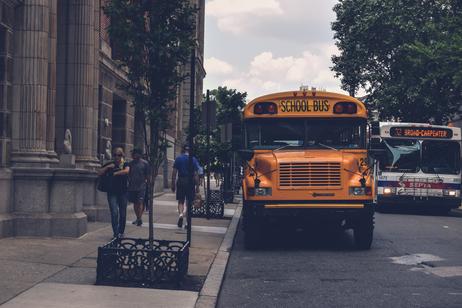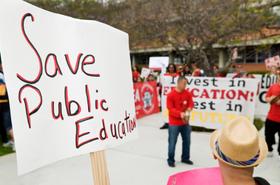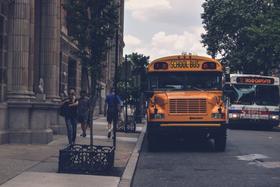School vouchers are a source of debate between public and private schools nationwide, but nowhere is the debate more acutely felt than in Indiana. Indiana is home to one of the largest voucher programs in the country, and many are waiting to see whether this program delivers on all of its promises. Vouchers are also a major point of contention in places like Wisconsin and Louisiana, where schools are fighting for students and parents are waiting to see if the benefits of school choice will come to fruition. Do vouchers improve the quality of education for all students? With inconclusive test results, the jury appears to be out still. However, that doesn’t change the intensity with which both sides fight for the type of education system they believe is best.
Competition Heats Up in Indiana
The Indiana voucher system is getting bigger this year, and public schools nationwide are feeling the heat. reports that the new voucher system first passed the Indiana legislature in 2011, and the hundreds of students who left public schools for private pastures last year could turn into thousands of students this year. Public schools are turning to advertising and door-to-door campaigning to keep kids in their neighborhood schools and funding in the public school system.
Currently, more than 8,000 students in Indiana have applied for the voucher program for the upcoming school year. There is room for as many as 15,000 students to take advantage of


































